|
Lesotho History |
Lesotho History |
Lesotho History | Lesotho History |
|
|
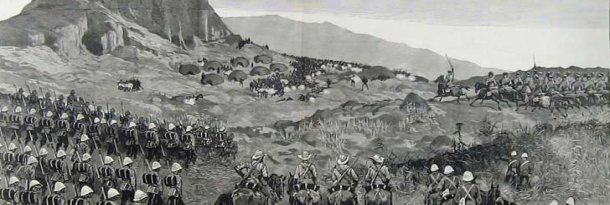
|
Although peace was eventually established, Cape Colony was unable to establish any effective control over Basutoland and it requested that London re-establish direct control over the territory which it did in 1884. In 1910 the Basutoland Council was established (partly from internal pressure not to cede the protectorate to the newly emerging Union of South Africa) comprising the paramount chief, ninety nine Basotho Members and headed by the resident British Commissioner. This effectively gave the area self government for the next fifty years until 1960 when the Basutoland National Council, an indirectly elected legislative body, was created largely in response to increasing pressure for constitutional change and self determination pursued most aggressively by the Basutoland Congress Party (BCP) headed by Ntsu Mokhehle. This year also saw Prince Bereng Seeiso installed as Moshoeshoe II (below).
As Prime Minister, Jonathan suspended Moshoeshoe in 1970 to reestablish his control in the country after his party lost the general election, sending Moshoeshoe into temporary exile in the Netherlands. A few months later, when he gained control, Jonathan allowed Moshoeshoe to reassume the title of King however Jonathan was overthrown in 1986 and the King regained some power, but he was deposed in 1990, forcing his son Letsie III to take his place as King. Moshoeshoe spent a period in exile staying in the United Kingdom, but was restored to the throne in 1995 only to die in a car crash the following year, so Letsie succeeded him again for a second reign. As a constitutional monarch, most of King Letsie's duties as monarch of Lesotho are ceremonial. |
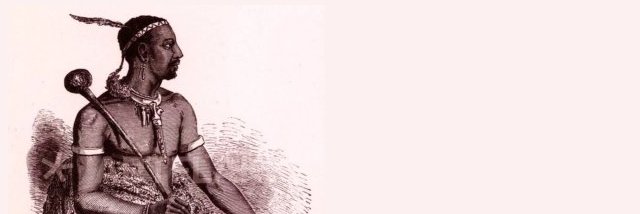
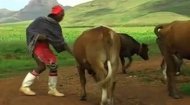
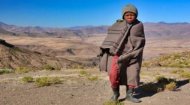
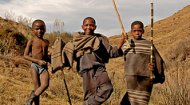
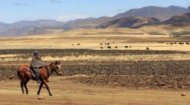
 Rumbling discontentment saw a law introduced in 1879, the Disarmament Act, that was designed to ensure that all fire arms were surrendered to prevent such conflict, however this law merely provoked open rebellion and the Gun War of 1880-1881 which saw 8000 Basuto dead and 2000 British casualties.
Rumbling discontentment saw a law introduced in 1879, the Disarmament Act, that was designed to ensure that all fire arms were surrendered to prevent such conflict, however this law merely provoked open rebellion and the Gun War of 1880-1881 which saw 8000 Basuto dead and 2000 British casualties.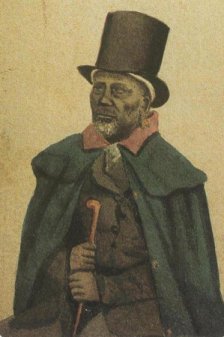 Parties opposed to the BCP had also begun to emerge, the Marerna Tiou Party (MTP) led by S S Matete and the Basutoland National Party (BNP) headed by Chief Leabua Jonathan. A Constitutional Review Commission was appointed by Moshoeshoe II in 1961 reporting two years later with a proposal for an independent nation state with a constitution acceptable to the British. Elections were duly held in 1965 and the BNP, led by Leabua Jonathan, took the country into independence as the Kingdom of Lesotho on 4th October 1966 with a constitutional monarchy, senate and national assembly forming the governmental structure.
Parties opposed to the BCP had also begun to emerge, the Marerna Tiou Party (MTP) led by S S Matete and the Basutoland National Party (BNP) headed by Chief Leabua Jonathan. A Constitutional Review Commission was appointed by Moshoeshoe II in 1961 reporting two years later with a proposal for an independent nation state with a constitution acceptable to the British. Elections were duly held in 1965 and the BNP, led by Leabua Jonathan, took the country into independence as the Kingdom of Lesotho on 4th October 1966 with a constitutional monarchy, senate and national assembly forming the governmental structure.


